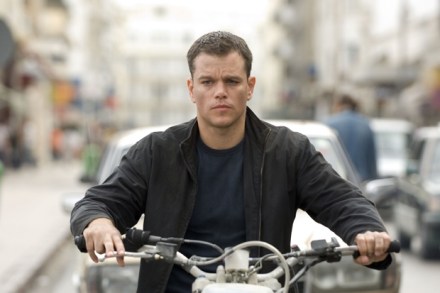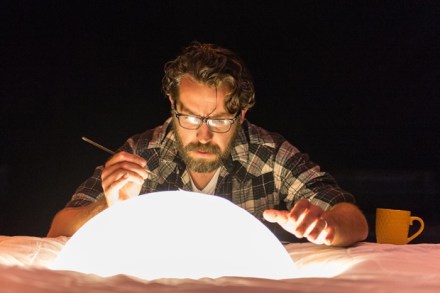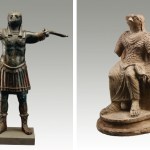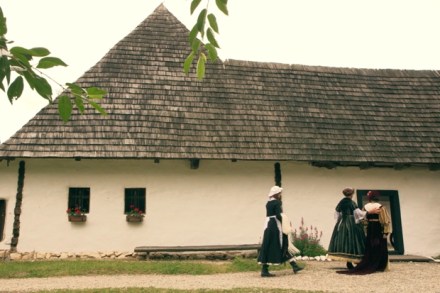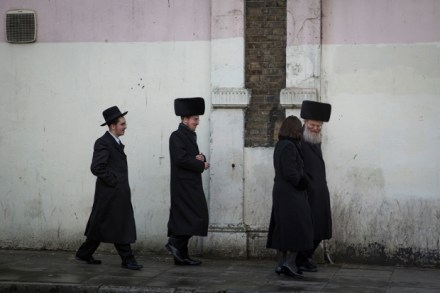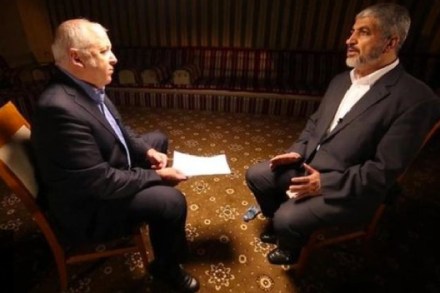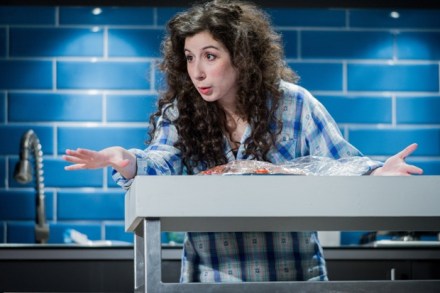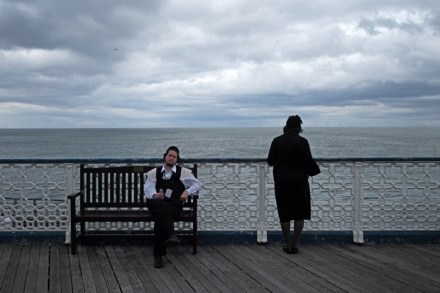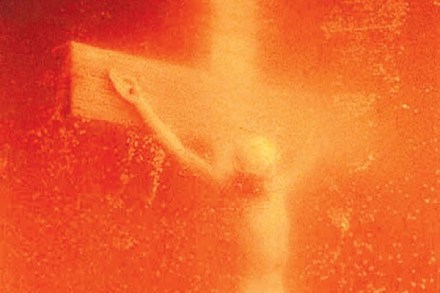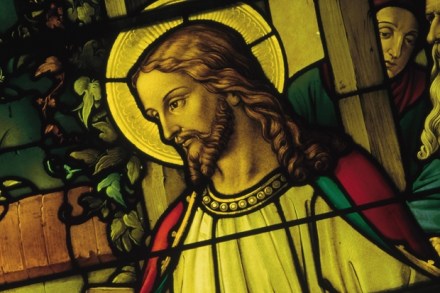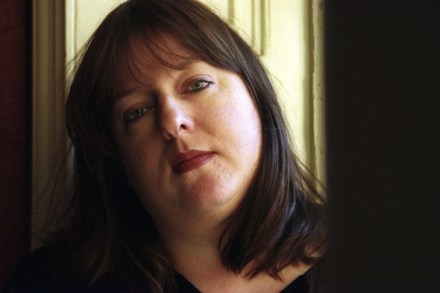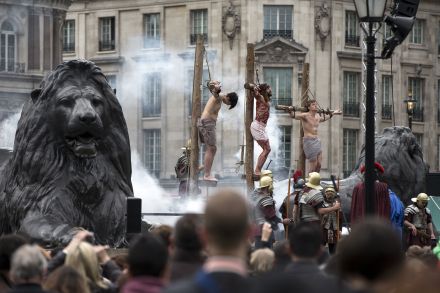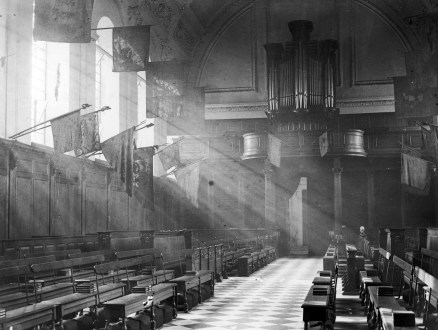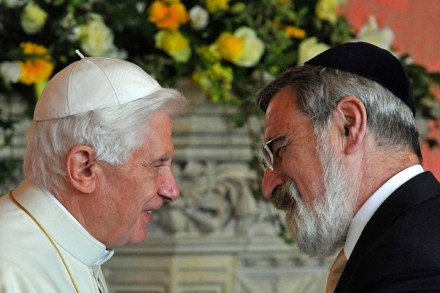France has become a religious battleground
The new year has not started well for France. On the last day of 2015 – the most traumatic year for the French in decades because of the twin attacks in Paris – president Francois Hollande warned the nation in his traditional New Year’s Eve address: ‘France is not done with terrorism… these tragic events will remain for ever etched in our memories, they shall never disappear. But despite the tragedy, France has not given in. Despite the tears, the country has remained upright.’ Hollande’s warning was borne out within 24 hours. On the first day of 2016 a lone motorist – inspired by Islamic State – drove at a




